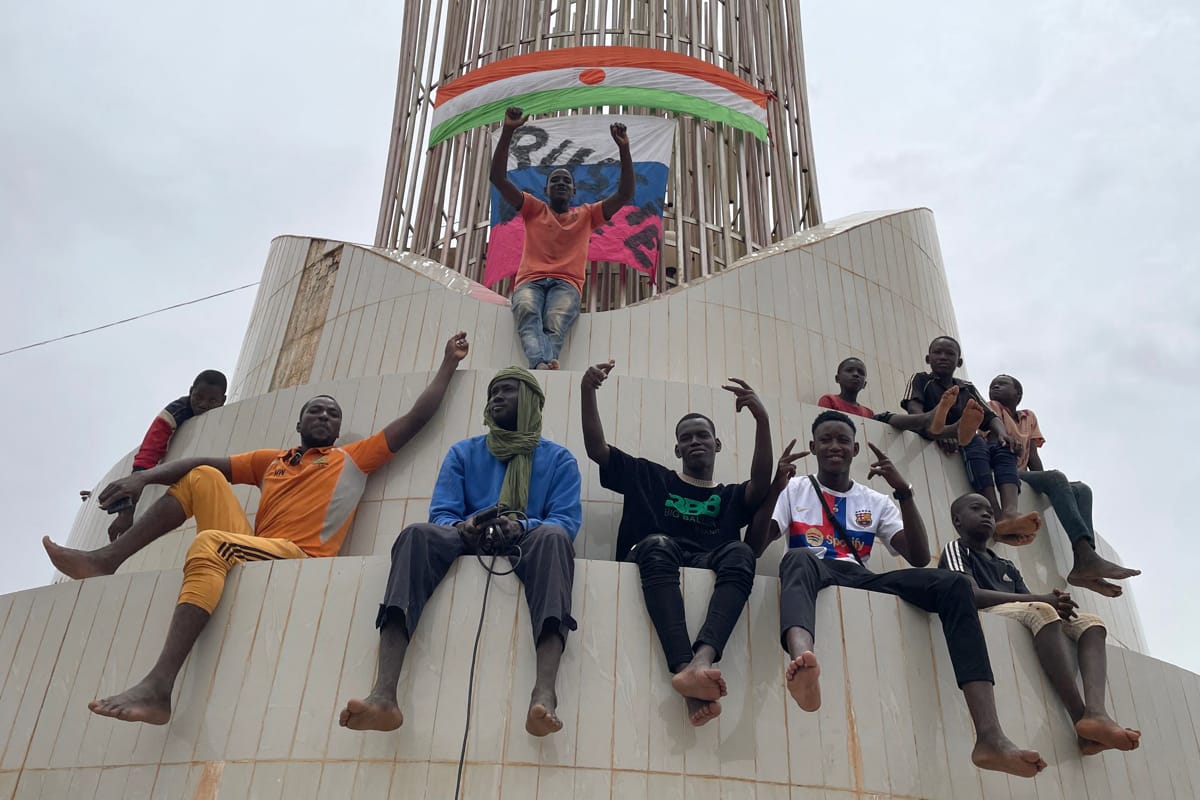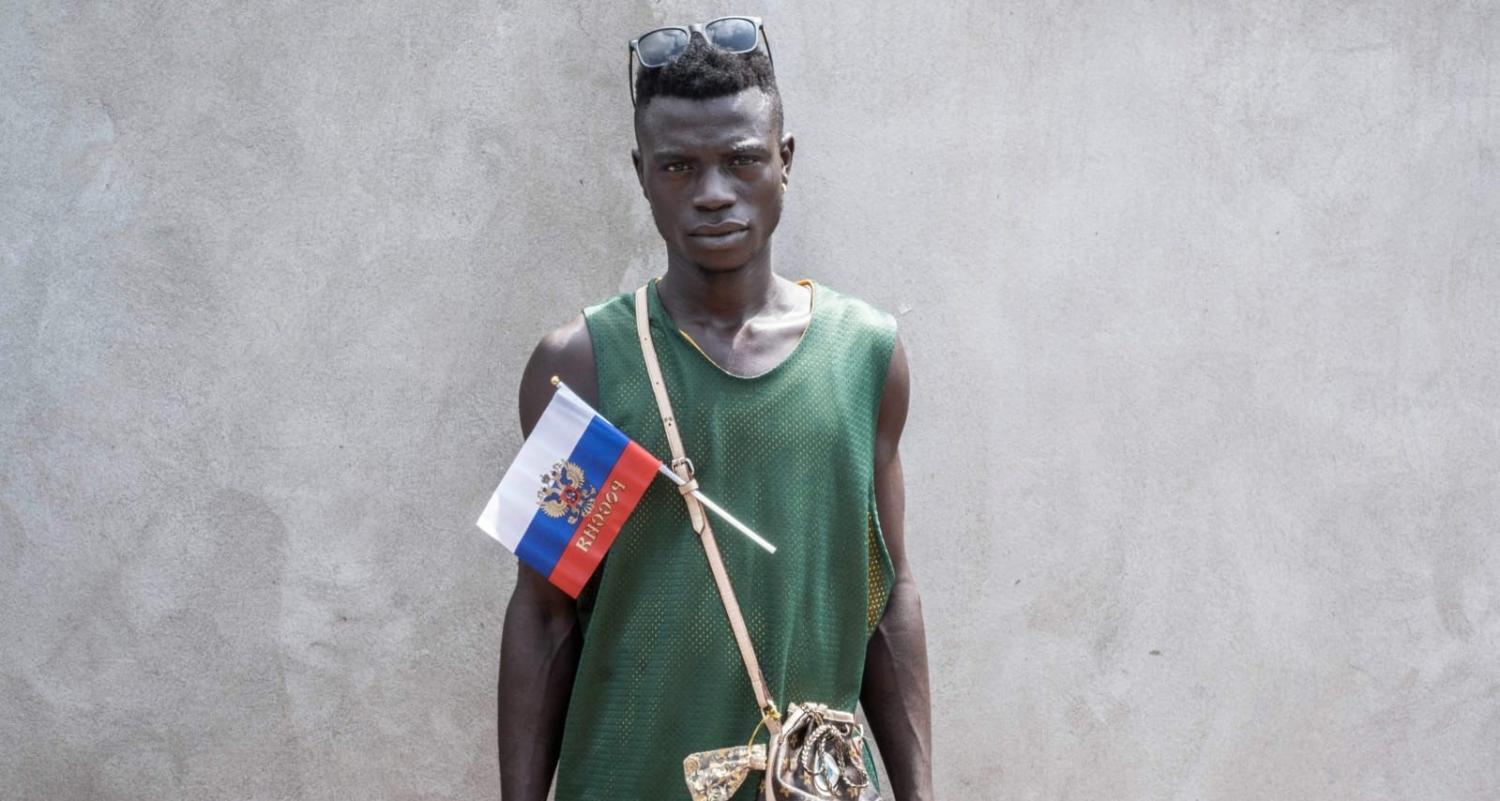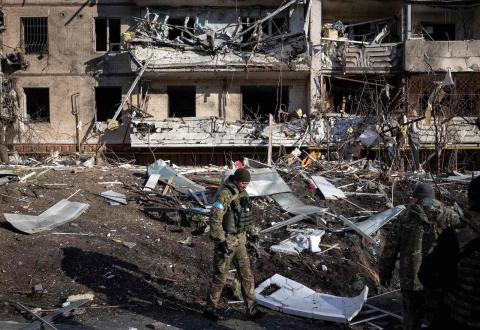The Wagner Group was notorious long before its leader Yevgeny Prigozhin had his dramatic falling out with the Kremlin in recent weeks. Ostensibly a private military company, Wagner has not only aligned with Russian interests in Ukraine and Syria but has broadened its reach in Africa through covert military operations, mining endeavours, and arms procurement. The recent coup in uranium-rich Niger has again brought Wagner’s – and Russia’s – links to Africa back into focus.
Even if they are not directly responsible for this latest upheaval, Wagner has provided support to African states that feel neglected by Western powers, as well as using disinformation campaigns and establishing military relationships with client states. The group’s multifaceted operations reflect a complex interplay of geopolitical ambitions, economic interests, and power struggles, influencing Russia’s global standing and internal politics. Wagner’s activities – primarily profit-oriented – typically coincide with Russia’s foreign policy goals.
The mercenary group has advanced in West and Central Africa by filling a security vacuum. But even more so, Wagner has sought to capitalise on anti-French sentiment rooted in anti-colonialism and criticisms of France’s historical role in supporting dictatorial regimes. Resentment towards French economic influence in countries such as Niger and Mali has further fuelled this sentiment, compounded by the failure of the French intervention in Operation Barkhane in Mali, creating favourable conditions for the Wagner Group to expand its influence in the region. Furthermore, the United States’ hyper focused counter-terrorism efforts in Niger and the Sahel have inadvertently contributed to the issue, rather than ameliorating social grievances.

The funding Wagner receives for these activities, acquired through cash payments or mining concessions from embattled leaders and militia commanders, helps mitigate the impact of sanctions on Moscow and sustains Putin’s administration. There have been allegations that Wagner has facilitated the transfer of billions of dollars’ worth of Sudanese gold to the United Arab Emirates, with the Emirates playing a crucial role in providing infrastructure, financial logistics, and gold trade facilities for Wagner’s operations.
US officials suspect that some of Wagner’s illicit gold trade dealings in sub-Saharan Africa have been used to bolster Moscow’s gold reserves, enabling the circumvention of economic sanctions imposed due to the Ukraine conflict. The Emirates’ facilitation of Wagner’s activities in Africa is believed to stem from its relationship with the Kremlin and the existence of personal networks between Abu Dhabi and Russian elites. Researcher Elena Pokalova argues that the Wagner Group goes beyond being a mere counterpart to Western private military companies by providing the Kremlin with a network of loosely connected entities that advance Russia’s foreign policy objectives while maintaining plausible deniability. As such, the group can be seen as a quasi-state agent of influence.
Although Prigozhin and his private army operated outside the established power structure in Russia, their activities do not pose an immediate threat to Russian military power or the state itself. Simultaneously, it was also Prigozhin’s strategic actions that effectively positioned Russia as an alternative security provider in various African regions. Following Defence Minister Sergei Shoigu’s unsuccessful attempt to capture Kyiv within the expected timeframe, Putin enlisted the help of Prigozhin and the Wagner Group. This decision came at a time when Shoigu was reported to be losing favour within the Kremlin, while Prigozhin was establishing connections through the Wagner Group’s activities in Africa. However, the Wagner Group faced challenges in seizing significant territory, despite occasional victories. The determined Ukrainian forces posed a formidable obstacle, demonstrating a strong commitment to protecting their nation. Prigozhin expressed a desire to maintain a presence in Ukraine, but in May, Putin instructed him to withdraw from Bakhmut, representing a significant turning point in their relationship.
Prigozhin’s uprising in June highlights the challenges of reconciling Russia’s ambition to project power overseas with the imperative of maintaining internal stability. Russia desires to exert its influence globally but faces limitations in deploying its regular military forces abroad due to the risks and potential domestic backlash. The Wagner Group provides a private alternative for Russia to project power with prestige and reduced risks. Prigozhin’s failed putsch, fuelled by grievances with the Russian Ministry of Defence, can be compared to the situation in Sudan where clashes between the military and the paramilitary Rapid Support Forces (RSF) have posed a threat to domestic stability.
During the insurgency in Darfur, Sudan’s former President Omar al-Bashir formed militias as a cost-effective strategy for counterinsurgency. Over time, these militias evolved into the RSF. The similarity between Sudan and Russia lies in the fact that both states agreed to delegate their monopoly over organised violence to another entity. In both cases, this entity has now become a challenge to the state’s authority. Moreover, Prigozhin’s rebellion may affect Russia’s reputation in the Middle East and Africa region, potentially prompting regional leaders to reconsider their ties with Russia in case of future uncertainties with Wagner or Putin’s leadership.
Despite the setbacks in Rostov-on-Don, Prigozhin’s alleged role in engineering the withdrawal of United Nations peacekeeping forces from Mali has apparently cemented Russia’s foothold in the region. However, the complex relationship between state and non-state actors in the Wagner Group’s operations poses pressing questions about Russia’s long-term stability and international standing, and whether Russia’s influence on Africa may be limited to African elites.
The unfolding of the Wagner Group saga underscores the intricate and often fraught relationship between power, politics, and private interests in contemporary geopolitics. By navigating this complex landscape, the Wagner Group’s activities reveal a new dimension of statecraft, where non-state actors become instrumental in global influence, even as they introduce new uncertainties and challenges. Understanding these dynamics is essential in interpreting the geopolitical landscape shaped by Russia’s ambitions and the evolving nature of global power.

